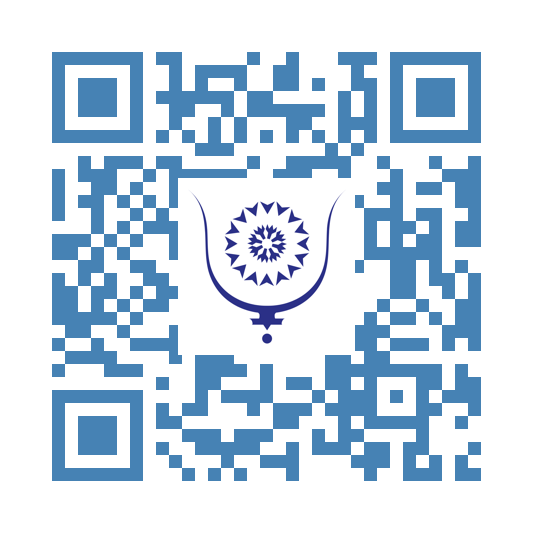Kenya Inaugurates Its Embassy in Rabat: A Major Diplomatic Turning Point Favoring Morocco on Western Sahara 4878
The official inauguration of Kenya’s embassy in Rabat, conducted by Moroccan Foreign Minister Nasser Bourita and Kenyan Foreign Minister Musalia Mudavadi, marks a historic milestone in bilateral relations between the two countries. This ceremony, coinciding with the 60th anniversary of diplomatic ties between Kenya in East Africa and Morocco in the far west of the continent, symbolizes a significant strengthening of political, economic, and cultural exchanges in pursuit of continental continuity. Most importantly, it signifies Kenya’s strategic repositioning on the sensitive issue of the Moroccan Sahara.
For the first time, Kenya has opened an embassy in Morocco, demonstrating Nairobi’s firm commitment to consolidating its relations with Rabat. Even more crucially, Kenya has officially recognized Morocco’s Autonomy Plan as “the only sustainable approach” to resolving the Western Sahara dispute. This represents a radical shift in Kenyan policy, as until recently, Kenya maintained relations with the self-proclaimed Sahrawi Arab Democratic Republic (SADR), supported by Algeria, which is increasingly losing ground internationally.
Under President William Ruto’s leadership, this diplomatic shift began taking shape in March 2024 with the appointment of Jessica Muthoni Gakinya as Kenya’s first ambassador to Morocco. Since then, several memorandums of understanding have been signed covering key areas such as housing, urban development, youth, trade, and diplomatic training, significantly strengthening cooperation between the two nations.
Kenya’s repositioning on the Sahara issue aligns with a broader global trend of growing support for Morocco’s stance, while the Polisario Front loses international recognition. Over fifty countries have withdrawn recognition of the SADR since the Cold War’s end, and no African country has recognized it since 2011.
Recent developments include Syria’s official closure of the Polisario office in Damascus, signaling a strategic distancing from the Algerian-Iranian axis and a clear rejection of support for Sahrawi separatists. This is a major setback for Algeria on the Arab world stage.
In Latin America, key countries such as Bolivia, Ecuador, and Panama have also withdrawn recognition of the SADR, adopting neutral or pro-Moroccan sovereignty positions consistent with UN resolutions. This shift is notable given the region’s past role as a haven for separatist propaganda.
In Europe, nearly all countries, including France, Spain, Germany, and many EU members, now explicitly support Morocco’s Autonomy Plan as a serious basis for a lasting political solution.
Algeria, increasingly powerless, is losing influence and reputation worldwide due to its persistent backing of the Polisario.
Despite this international momentum favoring Morocco, Algeria continues to support the Polisario, exemplified by President Abdelmadjid Tebboune’s recent reception of the “new Sahrawi ambassador” Khatri Adouh. While Bourita and Mudavadi forged strong friendship ties, the Algerian-hosted ambassador boasted of supposed “diplomatic victories” for the separatists, ignoring Polisario’s growing isolation.
Algeria and its proxy even disregard UN Security Council Resolution 2756 adopted in October 2024, which explicitly recognizes Algeria as a party to the dispute and calls for respect of the ceasefire and a durable political solution, endorsing Morocco’s initiative led by King Mohammed VI.
Morocco is capitalizing on this favorable context by multiplying bilateral agreements, notably with strategic African countries like Kenya. The signing of five memorandums of understanding during Mudavadi’s visit reflects a shared vision of enhanced cooperation based on historical, cultural, and economic ties. Africa is thus showing a new face marked by pragmatism and mutual interests.
The opening of the Kenyan embassy in Rabat and Nairobi’s official support for Morocco’s territorial integrity represent a major diplomatic victory for the Kingdom. Algeria can no longer ignore this development without risking even greater isolation on the continent and globally.
Adding to Algeria’s woes, Ivory Coast recently reiterated its position sidelining the separatist movement and its sponsor.
Morocco is consolidating its diplomatic leadership and advancing toward a peaceful and lasting resolution of the artificial Western Sahara conflict. In contrast, the Polisario is increasingly isolated, supported only by a stubborn Algeria and perhaps, for now, South Africa, whose economy and business ties with Morocco are growing.
The international community is converging toward greater recognition of Moroccan sovereignty and its Autonomy Plan, supported by two permanent UN Security Council members and many regional economic powers.
This irreversible momentum heralds a new era in African diplomacy, with the African Union likely to expel the SADR in the near future, removing a burdensome member that meets no criteria for international organization membership except Algeria’s excessive sponsorship, itself in notable decline.
Omar Hilal, Morocco’s representative to the UN, does not hesitate to remind his Algerian counterparts of this anachronistic and untenable situation at every opportunity, making the international community a witness to this increasingly ridiculous stalemate that cannot last.



